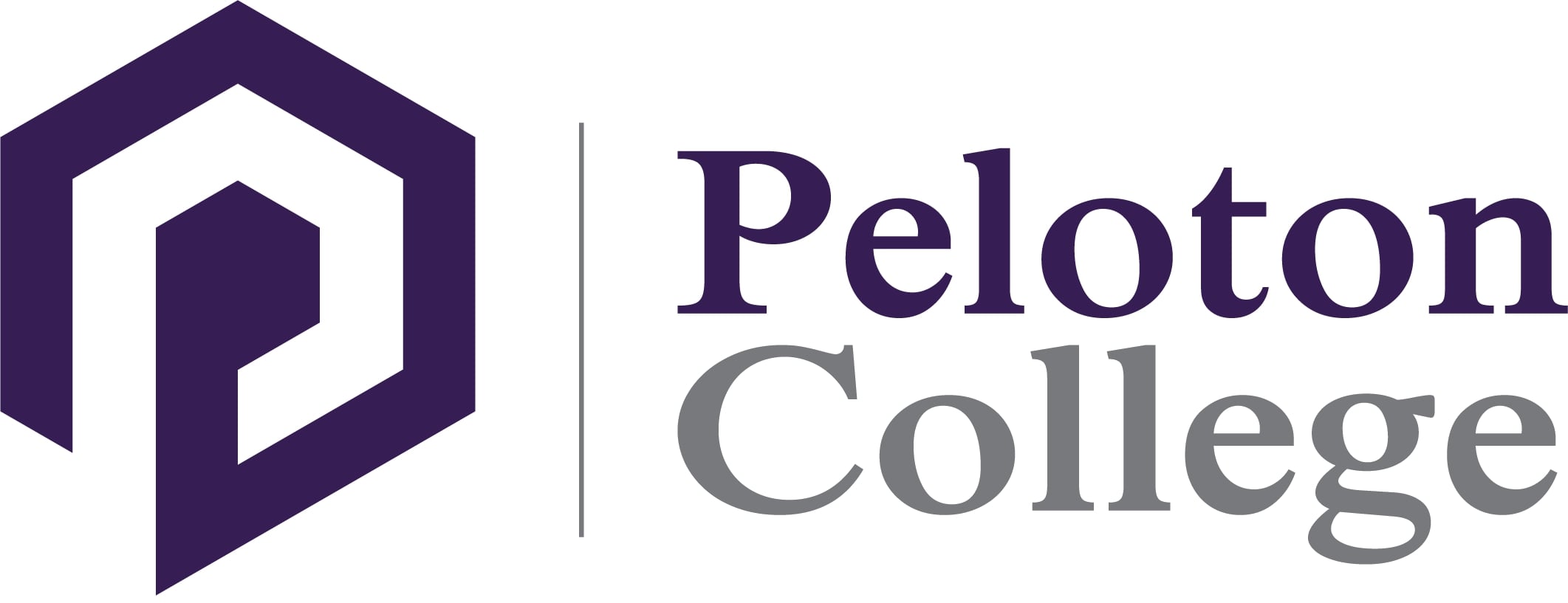How Do White Hat Hackers Defend Networks?

Are you interested in cybersecurity and want to learn how to defend an organization’s network? Did you know that the industry name for that job role is white hat hacker or ethical hacker? As a white hat hacker, you can be the defender of the network against the exploits launched by black hat hackers. So, how do white hat hackers defend networks?
How Do White Hat Hackers Defend Networks?
It’s readily apparent that white hat hackers need to guard against many different and constantly evolving threats. Thankfully, you will have the following powerful tools available to defend your networks from attack.
Firewall
Firewalls can be thought of as a rule-based access system that prevents or allows access to computers and networks. This typically involves both data trying to enter a system or moving out of the system. White hat hackers can use firewalls to block potentially vulnerable areas from outside influence.
Virus Software
Virus software is deployed to work autonomously and without the need of direct supervision. It detects compromised files before they have a chance to infect the rest of a system. Despite the name, virus software is effective against additional threats like worms or malware in addition to viruses. When the virus software identifies a virus or other malware it is quarantined for the user and the user is notified of the attempted breach. You can then identify the threat and safeguard the network to that vulnerability.
Password Protection Protocols
Compromised passwords are one of the easiest ways to break into a system. As a white hat hacker, you can protect against this by implementing password protection protocols in your workplace. This takes good communication skills because you may be talking with less tech-savvy colleagues.
A password protection protocol consists of techniques such as regular password rotation and rules for inherent password complexity. All of these protocols minimize the chance of an employee’s password being compromised. You will also educate your colleagues on phishing scams that may pose as reputable sources in emails or correspondence that requests access or passwords from unsuspecting users.
Attachment Protocols
Attachment protocols consist of regulations that govern the use of attachments in email or similar systems. Email is a common vector for computer viruses and other threats. By protecting systems from attachments, the larger network as a whole is also protected.
Penetration Testing
Penetration testing is an authorized attempt to break into a company’s system through the use of black hat techniques. As a white hat hacker, you will use black hat tools to replicate how criminals might break into a system. You will document the success or failure of various techniques and report findings to the department head. This will then be used to strengthen specific defenses within the organization and ensure any vulnerability is fixed.
How Do You Become a White Hat or Ethical Hacker?
Becoming a white hat, ethical hacker, or cybersecurity specialist can require both formal study and certification. This makes attending a trade school and working through an AAS degree program in cybersecurity the perfect path toward a career as a white hat hacker. Although self-study is an attractive option, trade schools keep their curriculum up to date and the cybersecurity industry evolves very quickly.
What Certifications Do You Prepare for in a Cybersecurity Degree Program?
A cybersecurity degree program provides an expansive look at many different technologies and techniques. This can prepare you for both specialized tasks and more generalized work. This AAS cybersecurity program will also provide you with the knowledge needed to take the following certification exams:
CompTIA A+
CompTIA’s A+ certification proves that you have a broad grasp of computing technologies as a whole. It doesn’t delve as deeply into any one subject as most of CompTIA’s other certifications. However, it covers almost everything needed to build, repair, and maintain basic computers or servers.
CompTIA Network+
CompTIA’s Network+ certification covers more advanced areas of digital networking. This has obvious relevance for hacking and security as networks are one of the more commonly exploited areas of a computer system. Network security is also covered in Network+. However, the security issues involved with networking receive even more attention in the following certification.
CompTIA Security+
The CompTIA Security+ certification is one of the core certifications for cybersecurity. It covers almost everything related to digital security. This includes finding and neutralizing attacks and vulnerabilities in a system. However, it also covers the security concerns related to system architecture and implementations.
CompTIA Linux+
Linux is one of the most popular enterprise-level solutions for most types of servers. CompTIA’s Linux+ certification covers every aspect of the Linux operating system. It proves that you can perform duties like setting up a Linux system to properly harden and secure it against attacks.
CompTIA CySA+
CompTIA’s Cybersecurity Analyst (CySA+) certification covers issues related to data analysis. Networks and computer systems all produce important data about their current status but seeing hints of a growing problem or of attackers testing security limits requires an educated perspective. CySA+ demonstrates your ability to rapidly work through data to see those threats or issues.
CompTIA Pentest+
The CompTIA Pentest+ certification covers techniques related to penetration testing. In fact, it’s a rare example of a certification that covers many aspects of vulnerability management in the context of penetration tests. Pentest+ presents testing situations relevant to the cloud, web apps, Internet of Things, hybrid environments, and traditional data centers.
Final Thoughts
Now that you know what a white hat hacker uses to defend an organization’s network, it is time to learn more about Peloton College’s AAS in Cybersecurity program. We focus on the knowledge and skills you will need to not only start working as a white hat hacker but also to prepare you for the certifications offered by CompTIA. Along with career services offered by Peloton College, the knowledge, skills, and certification you secure will help you gain the visibility of cybersecurity employers in the industry.
Want to Learn More?
The Associate of Applied Science in Cybersecurity training program prepares students to obtain several certifications in support of their cybersecurity career including CompTIA’s A+, Network+, Security+, Linux+, Pentest, & CySA+. AAS in Cybersecurity training program graduates will typically qualify for entry-level employment in roles such as Information Security Analysts and Computer Network Support Specialists.
The mission of Peloton College is to be the premier provider of hands-on training and education by providing students and graduates with the necessary skills to secure occupational careers. Contact us today to learn more.



